The location of each burial in the Fag el Gamous necropolis
is documented. s The cemetery is laid out in east/west and north/south
coordinates. This season we are
excavating in the area that is found between 120 and 130 meters north of the
central datum point and 20 and 30 meters west of the north/south line. Within the 120/130 North 20/30 West area,
we are excavating in the NW square that is 5 meters square. In this photo you can see the stake marking
the most north western corner of the square and the yellow line marking the
western edge of the square. Dr. Giovanni
Tata (left) is holding the black and white meter stick against the stake; Dr. Kerry Muhlestein (standing) is making
measurements with a tape measure and Kristin South (background) is recording
the measurements in the field book. The
feet of three mummies clustered in this corner of excavation site are seen in
the foreground.
The length of the burial, depth, head location and feet
location are measured from the north and west edges of each excavation square. These data are entered into a database
to provide a 3D representation of all burials in the cemetery.
Not shown in the photo are Dr. Paul Evans, Dr. David
Blumell, Dr. David Whitchurch, Joyce Smith, and Brent Benson.
A lunch break is taken by the workers at about noon. The call to prayers started at 12:03
today. The workers eat in groups usually
by the village where they live and by family relationships. We have workers from four different villages
that are near the Fag el Gamous necropolis and the Seila Pyramid. Lunch is usually tomatoes, soft cheese, pita
bread, onions, leeks, and a leafy plant that resembles chard. The food is shared and all partake. We usually work during the lunch break. Burial documentation including photos,
measurements, and descriptions can be accomplished during lunch break.
Our
inspector this year is Ayman. He has been so very, very good. He knows
what he is doing, he is efficient and knowledgeable. He is also so very
happy, kind, friendly and upbeat. He is a real gem, and we hope we can
work with him for many more seasons. He has taught and helped us in so
many ways, and is a very good person.
A
great deal of what we do is record what we are finding in both writing
and pictures. We usually have the various specialists gather around each
find to help us record in the field book all of our observations. We
have a great team and this method has helped us to be very detailed.
We have been greatly aided in our accuracy and
consistency by the work of Joyce Smith. She has created checklists we
go through for each feature we find. This way we make sure we don't ever
forget to do one of the little aspects of recording
and work with everything we find. She also created a number of stamps
we put in the fieldbook that helps us to record everything we need to
and accurately draw the aspects that need to drawn.
Some
days we have the workers take their lunch break when we have many
things we need to record and we need to have only the specialists
working and no one hauling sand, etc. away. On those days they usually
get a bit longer of a break, and they use it to relax from their hard
labors.

While
we are sad that we won't work with our whole crew any more this season,
we are glad that we will get to keep working with our two foremen.
Farag and Gabr are brothers and have been part of this excavation since
they were teenagers. They are truly gifted with the trowel and brush.
They have a delicate and practiced hand and a real sense for how to
clear off sand without disturbing the object in it. I believe they also
have mummy radars implanted somewhere in their heads. They can tell when
they are about to find one before any signs seem to appear. They are
good men, very good men, and we feel like they are our brothers.












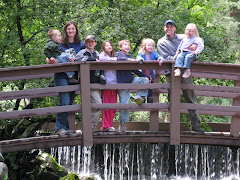

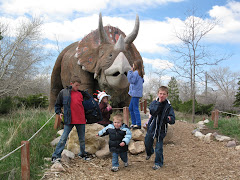
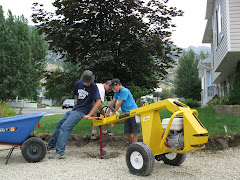
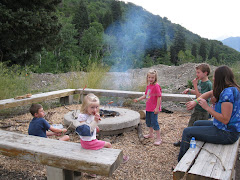
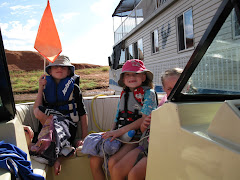





No comments:
Post a Comment